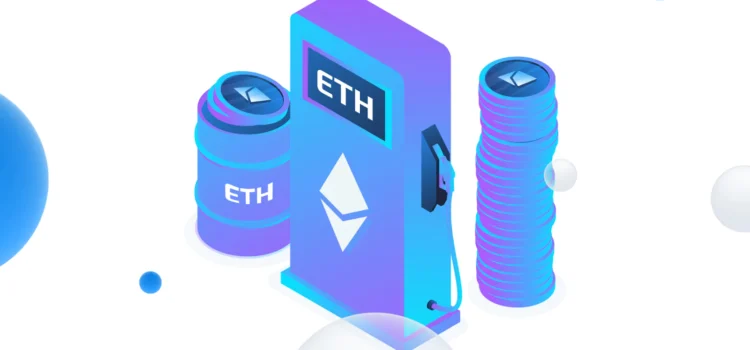
Ethereum (ETH) stands out as a pivotal player in the world of blockchain, particularly in decentralized applications (dApps) and gambling platforms. However, navigating the complex dynamics of Ethereum gas fees has become a critical focus for both developers and users. Here’s a closer look at how these fees impact gambling and the innovative solutions emerging in response.
What Are Ethereum Gas Fees?
Gas fees are integral to Ethereum’s ecosystem, serving as payments required to execute transactions or interact with smart contracts. These fees compensate miners or validators who maintain the network. For gamblers, gas fees determine the cost of sending tokens or placing bets on Ethereum-based platforms. For example, a simple token transfer might cost a few dollars, while interacting with a complex smart contract could set you back significantly more.
The Pros and Cons of Ethereum Gambling dApps
Ethereum gambling dApps offer transparency, fairness, and anonymity. Smart contracts ensure that games are provably fair, with automatic payouts eliminating doubts about rigged systems. However, high gas fees can deter casual gamblers, especially when fees for small transactions outweigh the bets themselves.
High Gas Fees and the Shift to Layer 2 Solutions
Ethereum’s scalability issues have driven many gambling platforms to adopt Layer 2 solutions such as Polygon and Arbitrum. These networks handle transactions off-chain, significantly reducing fees. For instance, Polygon’s fees often amount to mere fractions of a cent, making them ideal for micro-betting and attracting casual players who might otherwise avoid Ethereum due to cost concerns.
The Real-World Impact of Gas Fees on Gambling
- Big Bets Only: High fees favor high-stakes gamblers, sidelining those who prefer smaller, casual bets.
- Behavioral Shifts: Research shows that a significant portion of players abandon Ethereum gambling platforms due to high costs, with many transitioning to Layer 2 networks or alternative blockchains.
- Developer Adaptations: Platforms are implementing cost-saving measures, including migrating to Layer 2 solutions and integrating gas optimization tools into their systems.
Future Prospects: Ethereum 2.0 and Beyond
The transition from proof of work to proof of stake and the upcoming implementation of sharding in Ethereum 2.0 aim to reduce network congestion and gas fees. Until then, players and developers must innovate to minimize costs and maintain engagement.
Innovations in Crypto Wallets
Crypto wallets now feature advanced tools to help users manage gas fees effectively. Options like fee estimators, historical analytics, and transaction speed adjustments empower gamblers to make cost-efficient decisions. Some wallets even support gas-free transactions on specific dApps, creating a more accessible experience for users.
Incentives and Rewards to Offset Costs
Many gambling platforms are introducing incentives such as token rebates, cashback programs, and tiered loyalty rewards to counterbalance gas fees. These strategies not only reduce costs but also enhance user engagement, encouraging players to remain loyal to their chosen platforms.
Conclusion
While Ethereum remains a robust platform for decentralized gambling, high gas fees present significant challenges. Solutions like Layer 2 networks, innovative wallet features, and platform incentives are transforming how players and developers navigate these costs. As Ethereum evolves, the hope is for a more cost-effective and seamless experience, making decentralized gambling accessible to all. For now, understanding and adapting to Ethereum gas fees is essential for anyone venturing into this space.











